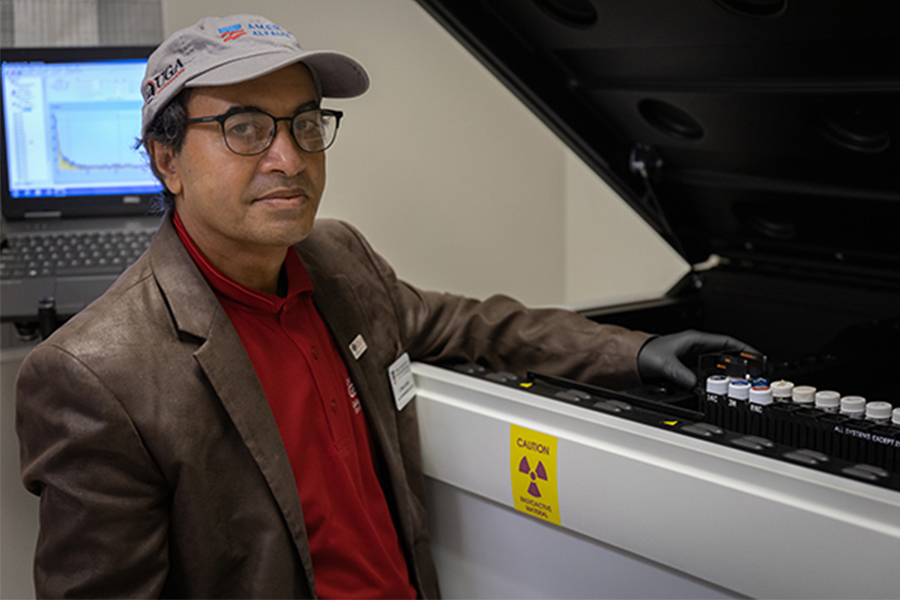Uranium is a naturally occurring radioactive element found in some rocks and groundwater. It can make its way into drinking water, where it can be harmful to health. Some parts of Georgia could have problems with it.
Safe drinking water should contain less than 30 parts per billion of uranium. A small number of wells located in Georgia’s piedmont region exceed the Environmental Protection Agency’s standard uranium amount.
“The potential problem areas are supplied by wells deeper than 100 feet on granite bedrock,” said David Kissel, director of the University of Georgia Agricultural and Environmental Services Laboratories. “Levels of uranium above 30 ppb have not been found in shallow wells or surface water.”
Water that comes from a public system is routinely tested to ensure uranium levels are safe. People consuming water from a private well, cistern or spring are responsible for their own testing and are encouraged to monitor contamination. Water samples can be submitted for testing through a local UGA Cooperative Extension office.
Studies suggest that water containing levels of uranium higher than the standard may hurt kidney function. Health concerns related to uranium should be taken to a local physician.
Although drinking high levels or uranium can be harmful, skin contact is not harmful according to the Agency for Toxic Substances and Disease Registry. Water high in uranium is OK to use for bathing, washing clothes or gardening.
If a well has high levels of uranium, Kissel said, its water should be treated through filtration systems. Affordable, at-home options such as point-of-use reverse osmosis, or RO, systems are available from many manufacturers.
These systems are placed on a faucet and produce 5 gallons to 20 gallons of safe drinking water per day.
“RO systems remove a high percentage of ions that are in the water,” Kissel said. “Uranium is dissolved in the water, and the RO system pushes the water through a semi-permeable membrane with high pressure to filter the uranium out of the water.”
After an at-home treatment system is installed, the water should be tested again to ensure the filtration system is working properly and the uranium level is below the standard.
People who live in areas that contain water with high concentrations of uranium should also be concerned with elevated levels of radon in their homes.
“Radon is a decomposition product of uranium,” Kissel said “The air filters in through the basement. It is recommended that well owners with elevated uranium levels also test their homes for radon gas.”
Radon test kits are available at county UGA Extension offices.
More information on water contamination or water treatment systems can be found at the National Sanitation Foundation at nsf.org/certified/dwtu or Water Quality Association at www.wqa.org/sitelogic.cfm?id=1165§ion=3.

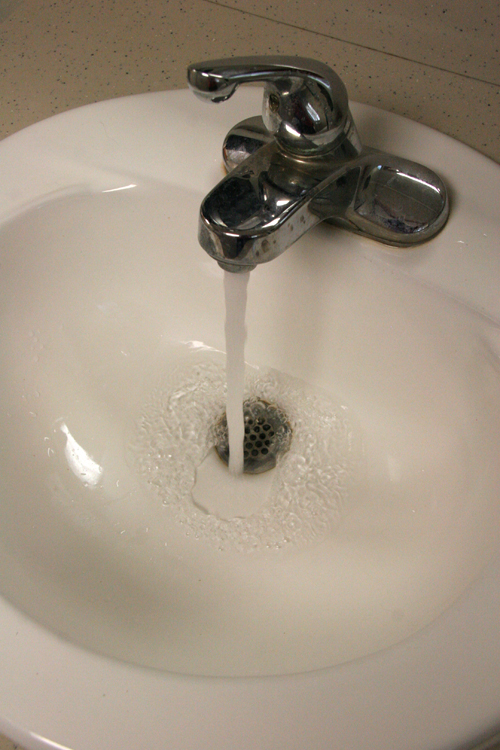
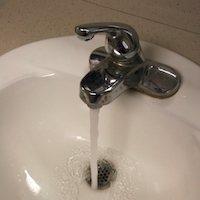
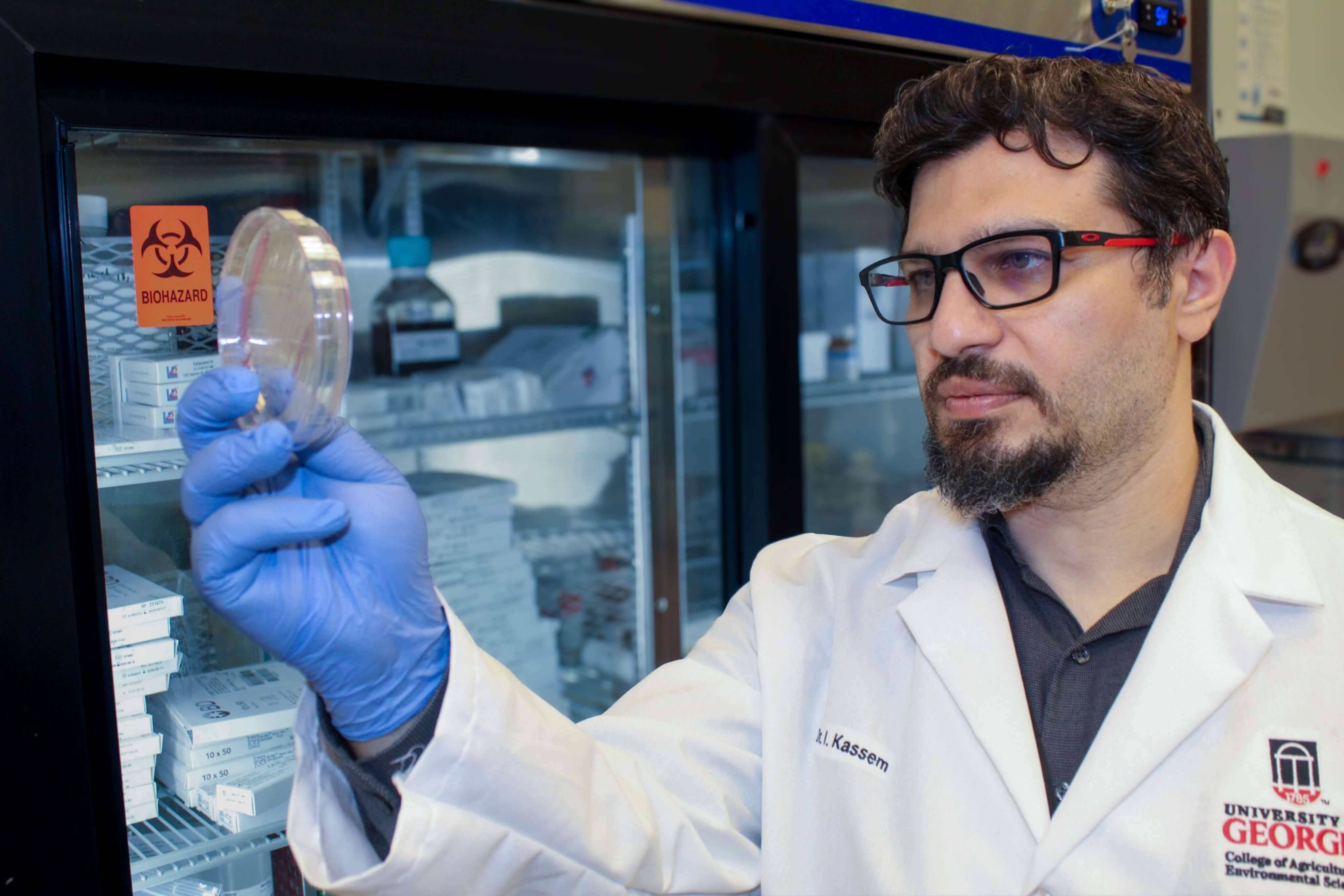

.png)
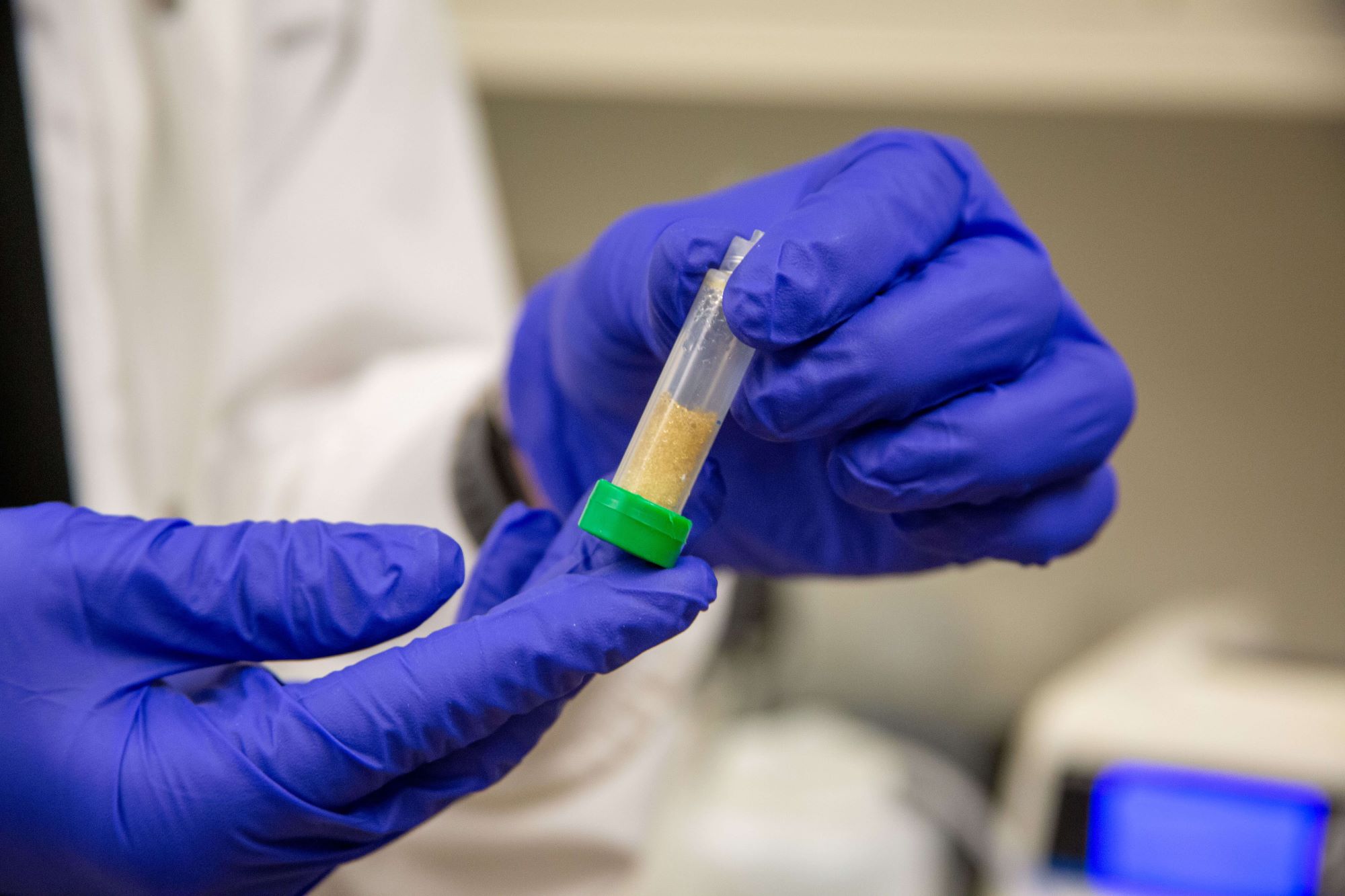
.png)
